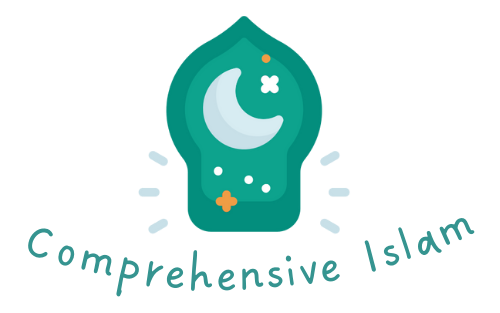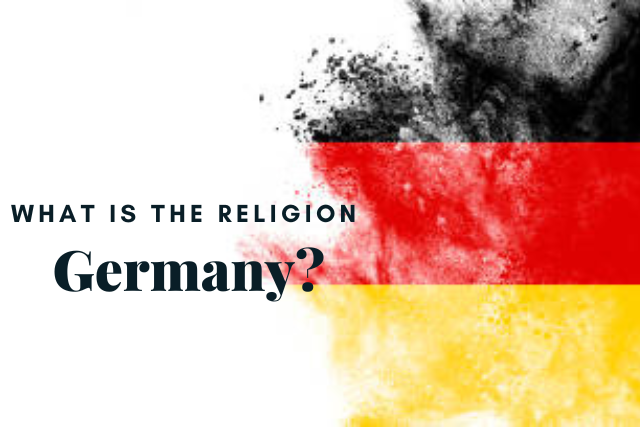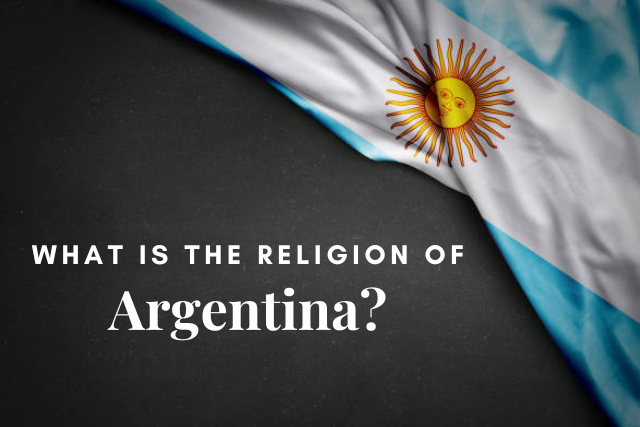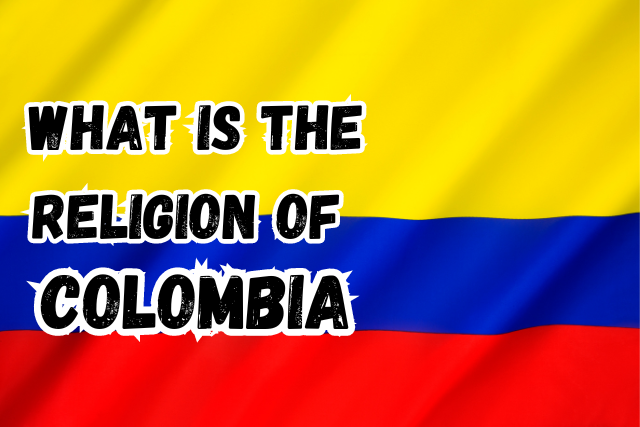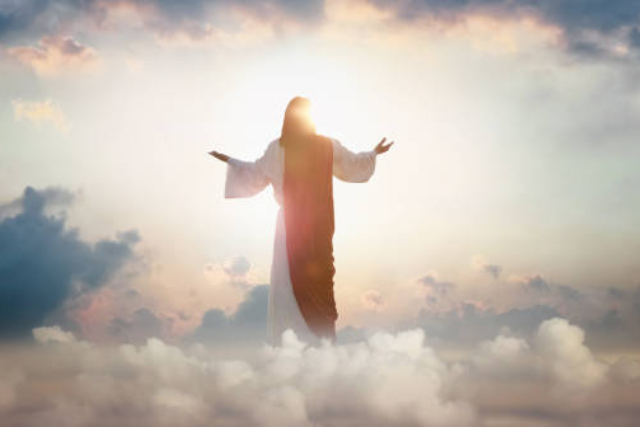What is Ramadan in Islam | A Pillar of Islam?
Ramadan, one of the holiest months in the Islamic calendar, invites us to a realm of spiritual awakening, reflection, and renewal. A time of self-sacrifice and devotion, Ramadan is significant to millions of Muslims worldwide, who observe it as a testament to their faith and commitment to Islamic tenets.
It is not just about abstinence from food and drink but is a spiritual catalyst promoting compassion, generosity, and humility.
Unfolding the Origins of Ramadan
Ramadan commemorates a crucial event in Islamic history: the revelation of the Quran to Prophet Muhammad. Rooted in this profound incident, Ramadan symbolizes a spiritual journey marked by piety, discipline, and empathy.
Muslims fast from dawn till dusk during this holy month, constituting one of Islam’s Five Pillars.
The Rituals: Fasting and Prayers
Fasting in Ramadan involves abstaining from food and drink during daylight hours and refraining from sinful behaviours and thoughts. It is a purification ritual that aligns Muslims with their inner spirituality and promotes consciousness of God.
Concurrently, the month encourages Muslims to engage in more prayers, recitation of the Quran, and acts of charity, making Ramadan a period of intensive worship.
Ramadan: A Bond of Unity and Sharing
The holy month of Ramadan binds communities, families, and friends together. Communal prayers, breaking the fast at Iftar, and giving Zakat (charitable donations) strengthen communities and give Muslims a sense of belonging. Ramadan reflects a spirit of sharing and mutual support.
The Enriching Impacts of Fasting
In addition to physical abstinence, fasting during Ramadan promotes spiritual development and self-discipline. It helps Muslims to establish a stronger connection with Allah by cultivating mindfulness and fostering self-evaluation. Fasting also helps people relate to the less fortunate with more compassion.
Eid-ul-Fitr | The Joyous Finale
The month-long celebration of Ramadan culminates in the festive celebration of Eid-ul-Fitr. A day marked by communal prayers, feasting, and gift-giving, Eid ul-Fitr is a time of joy and gratitude, embodying a sense of accomplishment and spiritual renewal during Ramadan.
FAQs
Sure, let’s delve into each of these FAQs:
What is the significance of Ramadan in Islam?
Ramadan holds immense significance in Islam as it commemorates the period when the Quran’s first verses were revealed to Prophet Muhammad by the Angel Gabriel.
It is considered the holiest month in the Islamic lunar calendar. During this period, Muslims worldwide observe a month-long fast, one of Islam’s Five Pillars.
What is the purpose of fasting during Ramadan?
During Ramadan, known as Sawm, fasting is a form of worship and self-discipline. The purpose is to instil purity, patience, and humility by refraining from food and drink and negative actions, thoughts, or words. It’s a time of self-reflection and spiritual growth, promoting empathy towards those less fortunate.
How long is Ramadan?
Ramadan lasts for one complete moon cycle, approximately 29 to 30 days. The exact length can vary, as it is determined by the visual sightings of the crescent moon, signifying the start and end of the holy month.
What are the rules for fasting during Ramadan?
During Ramadan, adult Muslims are expected to abstain from eating, drinking, smoking, and having intimate relations from dawn (Fajr) until sunset (Maghrib).
They are also encouraged to abstain from sinful behaviour such as lying, gossiping, or arguing. Certain groups are exempt from fasting, including pregnant or nursing women, menstruating women, the sick, the elderly, and travellers.
Why do Muslims break their fast with dates?
Muslims traditionally break their fast with dates following the example of Prophet Muhammad. Dates are a quick and excellent source of energy and nutrition, helping to restore blood sugar levels quickly after a day of fasting. Water is commonly used to break the fast if dates are unavailable.
What is the spiritual goal of Ramadan?
The spiritual goal of Ramadan is to foster a heightened sense of God-consciousness, self-discipline, and empathy for the less fortunate. It is a time of intense prayer, reading of the Quran, increased clarity, and purification of heart and mind.
What is Zakat in Ramadan?
One of the Five Pillars of Islam is Zakat or almsgiving to low-income people. During Ramadan, Muslims are encouraged to fulfil their Zakat obligations, and many choose to give more generously, as the rewards for good deeds are believed to be multiplied during the holy month.
What is Laylat al-Qadr?
Laylat al-Qadr, or the “Night of Power,” is considered Muslims’ holiest night of the year. It commemorates the night when the Quran was first revealed to Prophet Muhammad. It is believed to occur on one of the odd-numbered nights during the last ten days of Ramadan.
What is Eid ul-Fitr?
Eid ul-Fitr, or “Festival of Breaking the Fast,” is a significant Islamic holiday that marks the end of Ramadan. It is a day of joyous celebrations, communal prayers, feasting, and giving gifts. It’s also a time when Muslims give a specific form of charity, known as Fitrana, to the poor.
Who is exempted from fasting during Ramadan?
Certain groups are exempt from fasting during Ramadan, including children before the onset of puberty, the sick, pregnant or nursing women, menstruating women, and those travelling. Those unable to fast due to health reasons are often required to make up the missed fasts later or pay fidyah, a food donation or money to people experiencing poverty.
Conclusion
Worldwide, Ramadan symbolizes faith, humility, and unity among Muslims. Fasting is more than just fasting; it guides Muslims towards personal growth and a deeper understanding of their religion. During Ramadan, Muslims reflect on the essence of Islam, promoting values such as empathy, generosity, and community. Thus, it guides Muslims in their quest for self-improvement and closeness to Allah as a beacon of spiritual illumination.
